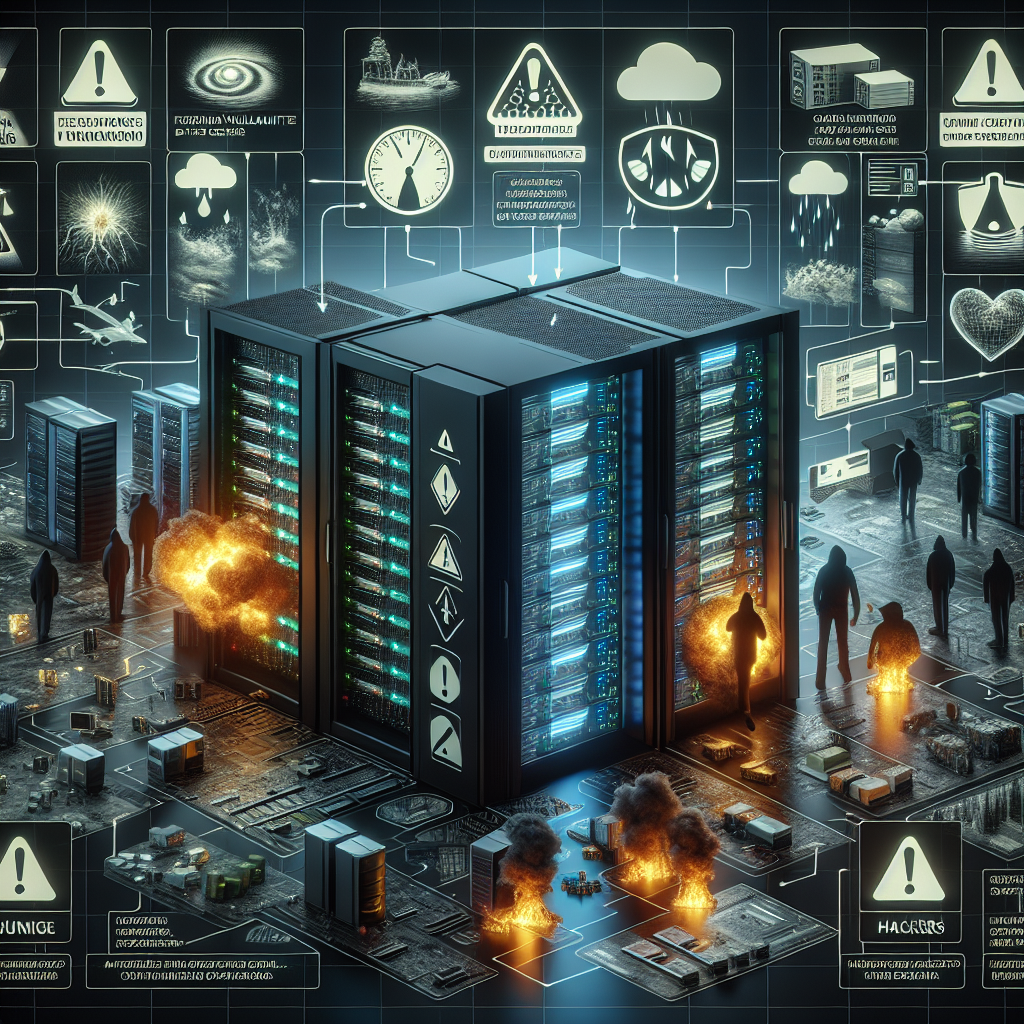Assessing the Risks: Understanding the Vulnerabilities That Lead to Data Center Downtime
Data centers are the backbone of modern businesses, providing the necessary infrastructure for storing and processing vast amounts of data. However, despite their critical importance, data centers are not immune to downtime, which can have severe consequences for businesses in terms of financial losses, damage to reputation, and potential legal implications. In order to mitigate the risks of downtime, it is essential for businesses to understand the vulnerabilities that can lead to data center outages.
One of the main causes of data center downtime is hardware failures. This includes failures of servers, storage devices, networking equipment, and other critical components that make up a data center infrastructure. Hardware failures can occur due to various reasons, such as manufacturing defects, wear and tear, overheating, power surges, or physical damage. To minimize the risk of hardware failures, businesses should invest in high-quality, reliable equipment, conduct regular maintenance and monitoring, and have backup systems in place.
Another common cause of data center downtime is human error. This can include mistakes made by data center staff during routine maintenance tasks, configuration changes, software updates, or troubleshooting procedures. Human errors can also result from lack of training, poor communication, or negligence. To prevent human error from causing downtime, businesses should implement strict protocols and procedures, provide adequate training and supervision for staff, and conduct regular audits and reviews of data center operations.
Natural disasters and environmental factors are also significant threats to data center uptime. Events such as earthquakes, floods, hurricanes, fires, and power outages can disrupt data center operations and cause extended periods of downtime. To mitigate the risks posed by natural disasters, businesses should implement disaster recovery and business continuity plans, locate data centers in secure and resilient locations, and invest in redundant power and cooling systems.
Cybersecurity threats are another major concern for data center operators, as cyberattacks can compromise the security and integrity of data stored in the data center, leading to downtime and data loss. Cyber threats can come in various forms, including malware, ransomware, phishing attacks, and denial-of-service attacks. To protect against cybersecurity threats, businesses should implement robust security measures, such as firewalls, encryption, intrusion detection systems, and regular security audits.
In conclusion, downtime in data centers can have serious consequences for businesses, making it essential for organizations to assess and mitigate the risks that can lead to data center outages. By understanding the vulnerabilities that can cause downtime, businesses can implement proactive measures to prevent and minimize the impact of downtime, ensuring the reliability and availability of their data center operations.


